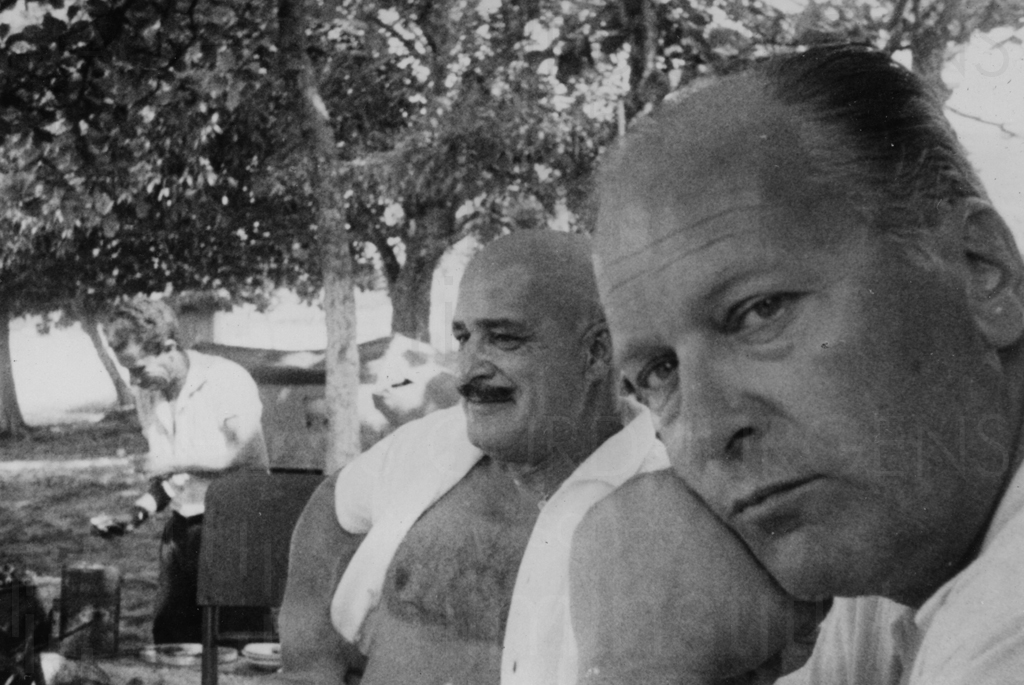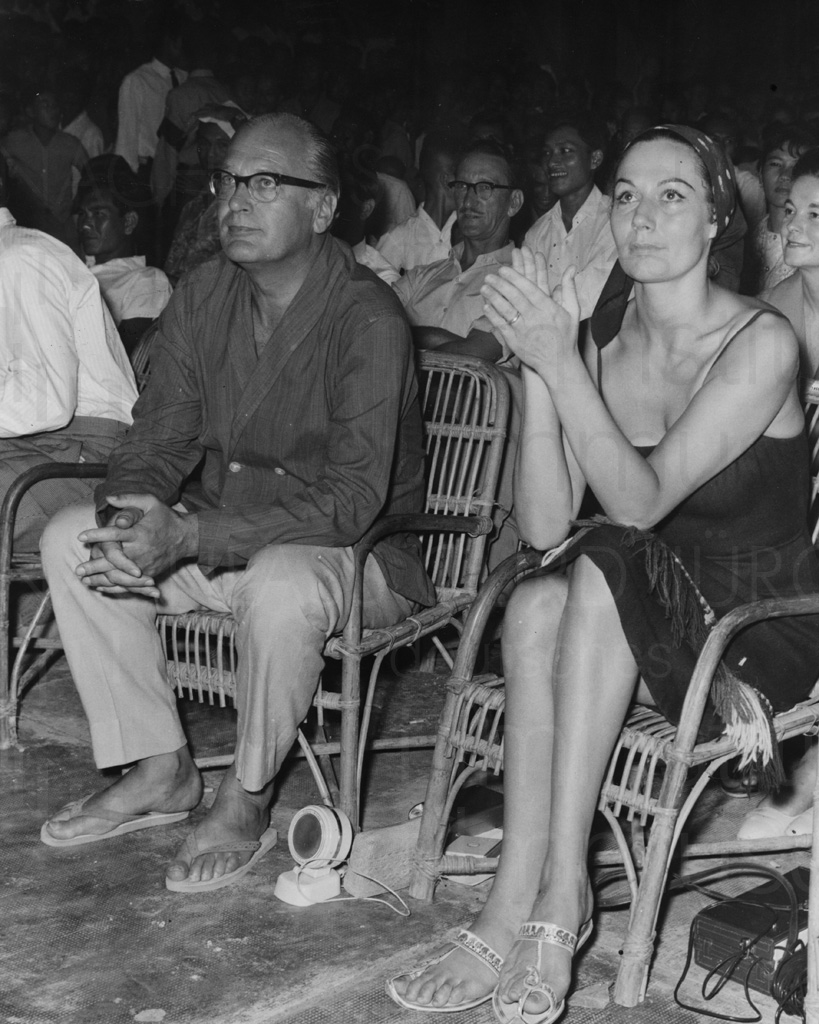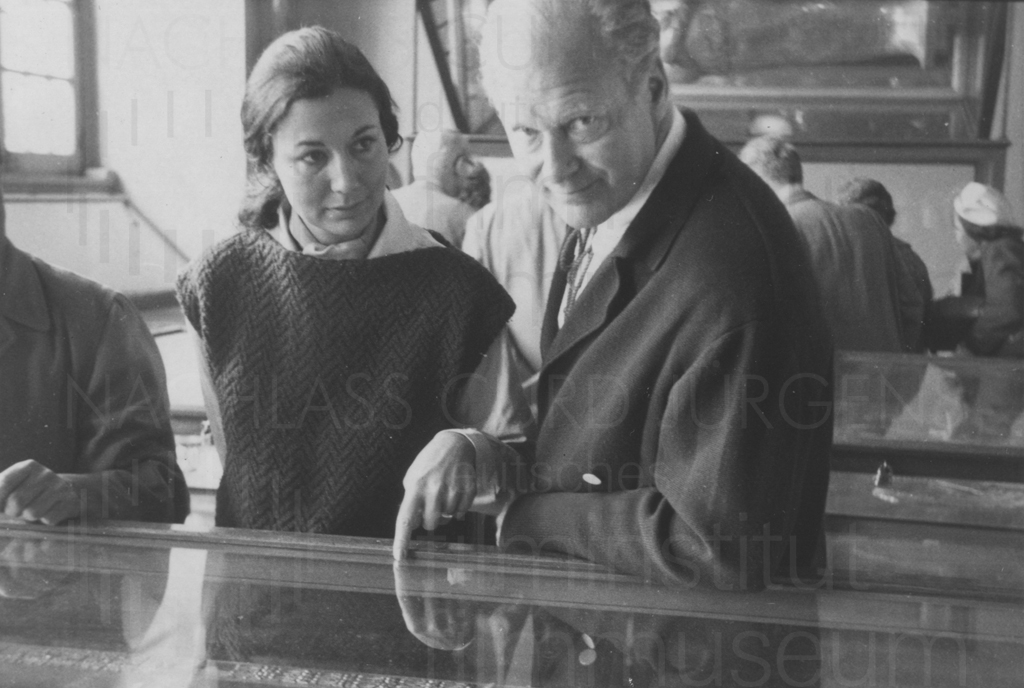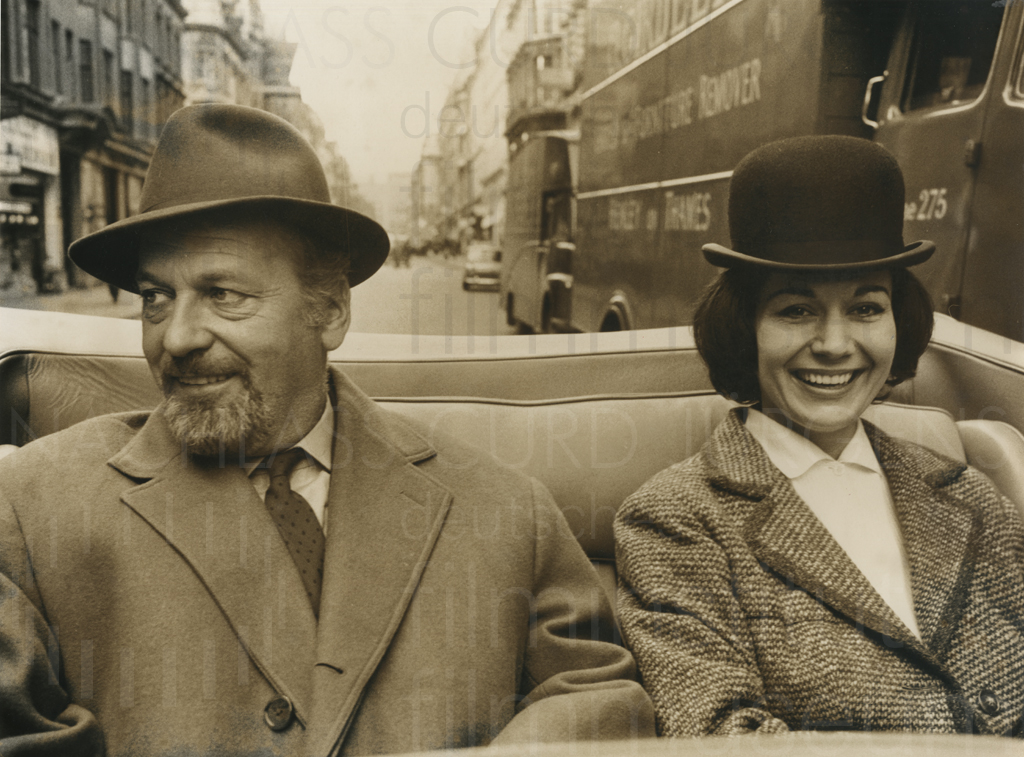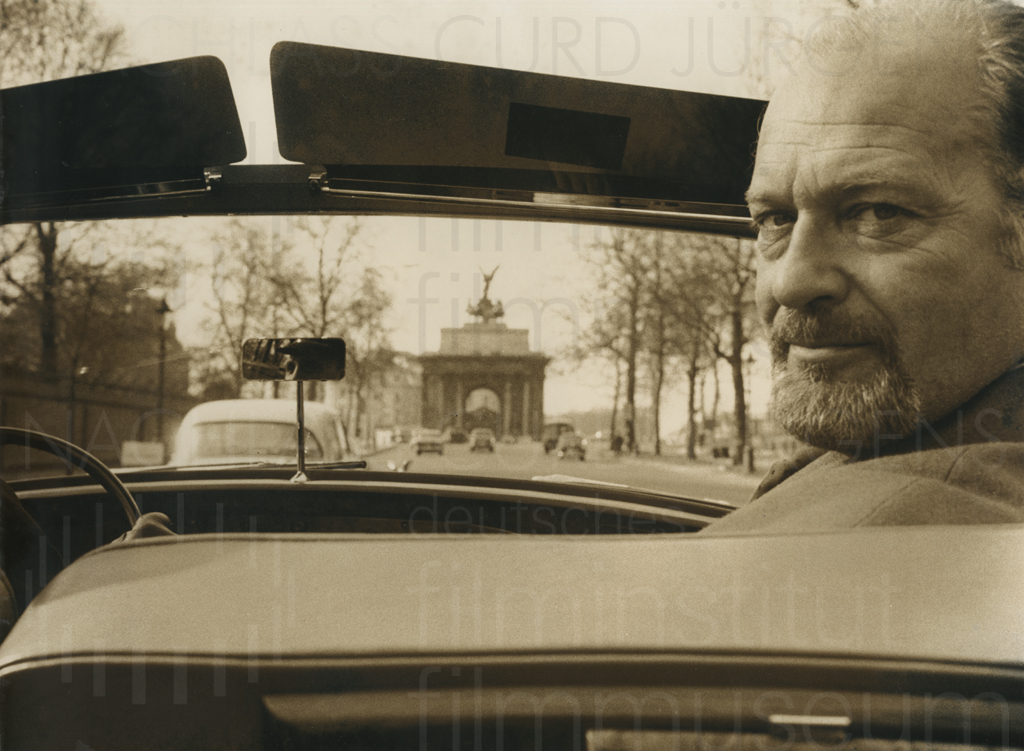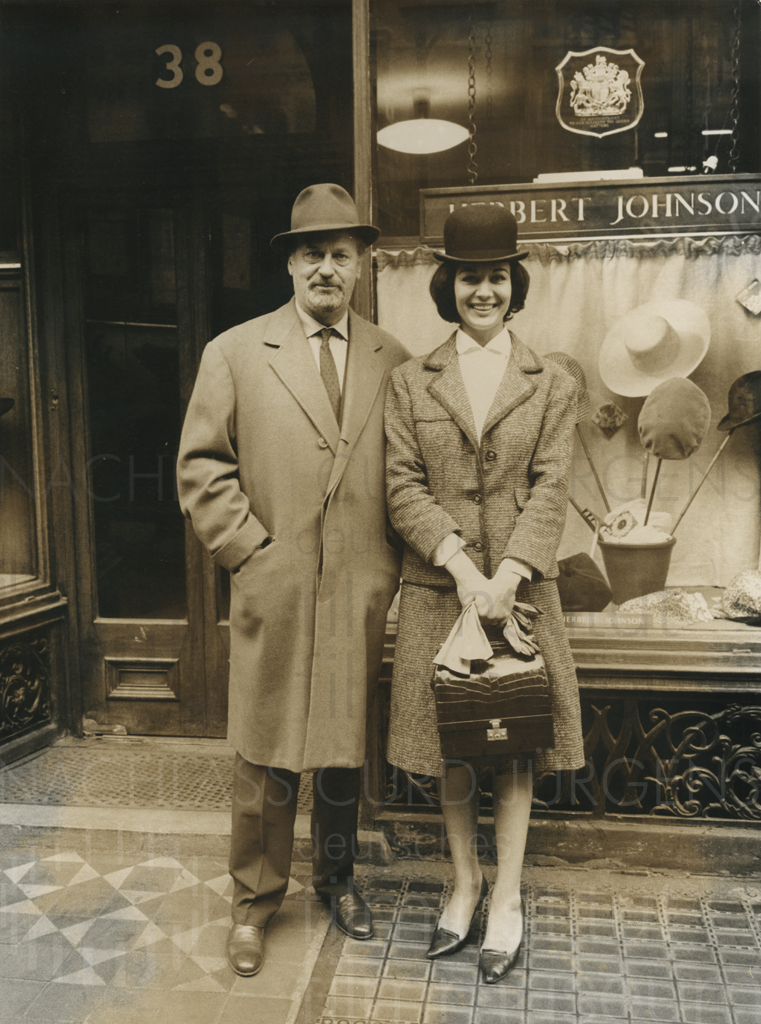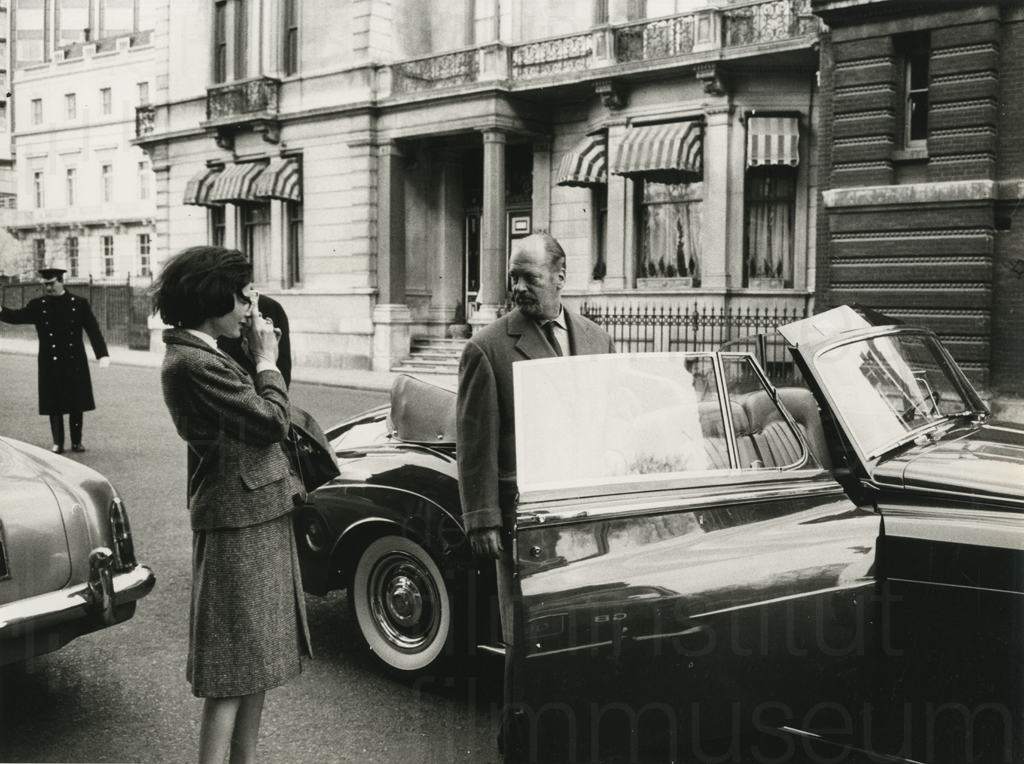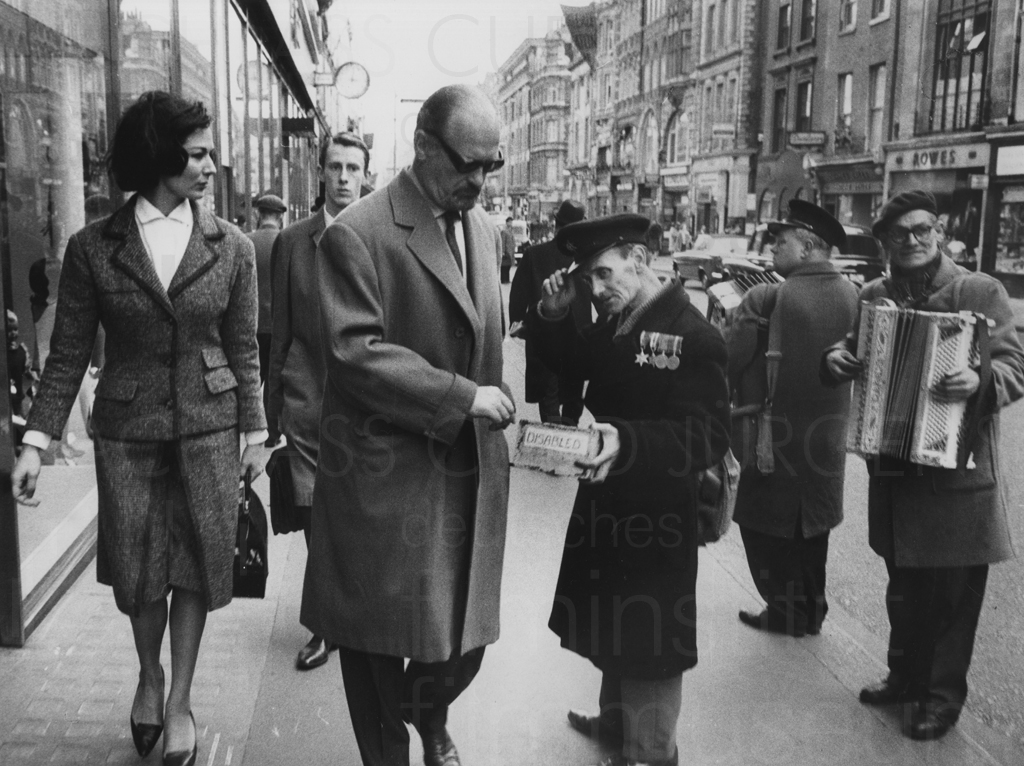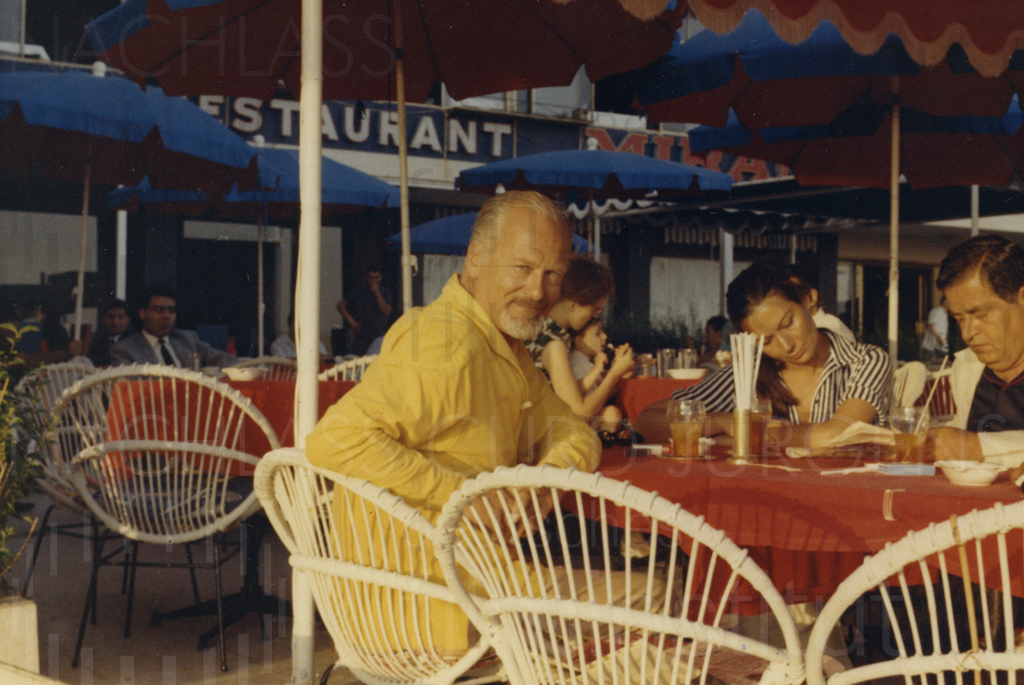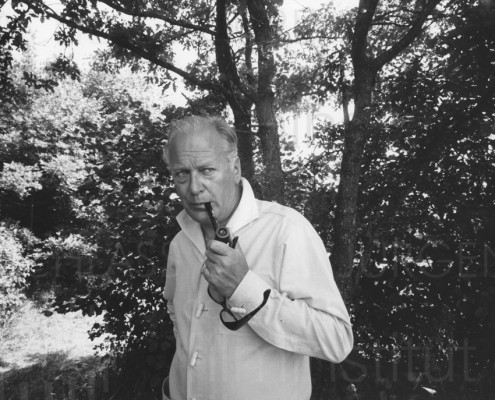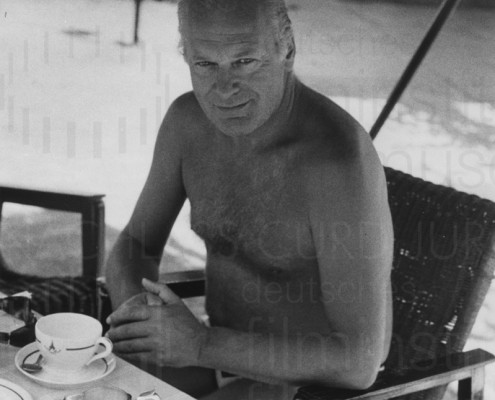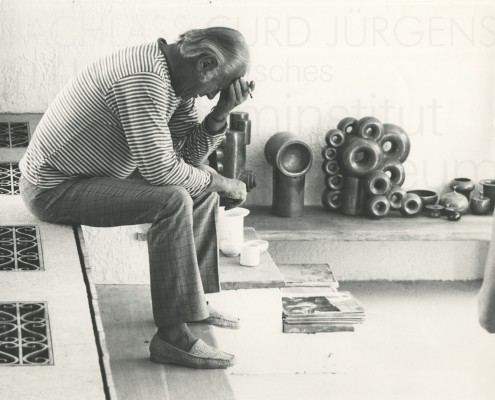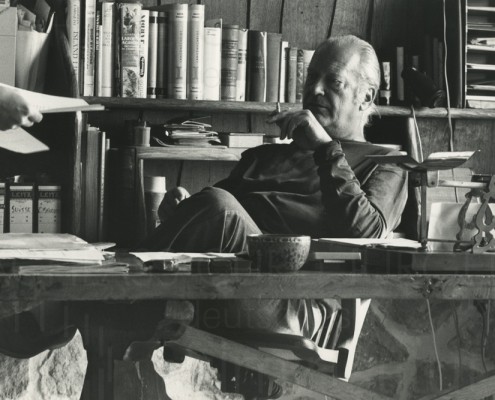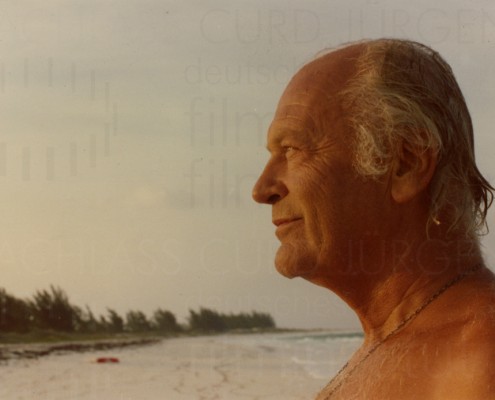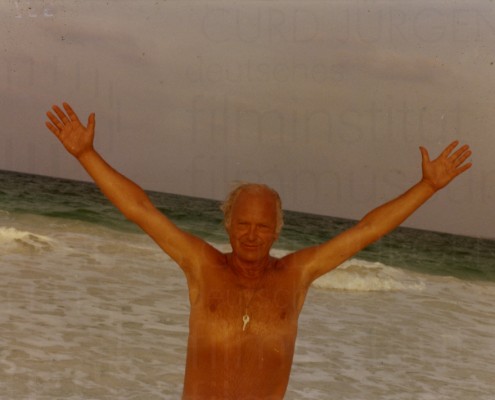Gunter Fette’s Memories
In the last ten years of his life when I was employed as his accountant, I was constantly astounded by his level-headed objectivity and matter-of-factness, his sober intelligence and acceptance of unpleasant but unavoidable ramifications, by his absolute trust, when he was having to deal with legal and fiscal issues. He never came to me with smart-alec notions – although he was certainly surrounded often enough by people who were know-alls and by advisers who tendered him (ostensibly) better ideas and suggestions. He saw through such posturing and show very quickly and was never taken in. I can quote from a letter he sent me, a particularly well-turned judgement that Curd Jürgens made concerning the type of adviser that seemed to have underestimated his clear and logical acumen: “The agency … (I shall, as an act of kindness, not reveal its name) is over-zealous and likes to overwhelm its clients with impending tax clouds, just so that it can be marvelled at when the sun comes out again after the storm.”
Another reaction of Curd Jürgens was characteristic of his pragmatic attitude and his way of not taking everything seriously, himself above all. Once, when I was making great efforts to explain in detail the facts of a case and attempting to turn around a somewhat muddled affair by getting my hands on every conceivable bit of information, he wrote me a terse note: ”The exhaustiveness of your communication is touching but, in my opinion, unnecessary. When you ask a lot of questions, you get a lot of answers. When you obtain a lot of answers, you often get a lot of trouble.”
In his personal dealings, Curd Jürgens was nothing at all like the picture of the great “star” presented to the public by the press. Of course, he thoroughly enjoyed the glorious life style and fame. But he flaunted his stardom much less than many of his nowhere near so famous and gifted acting colleagues. I have never known him as anything but someone with exceptional courtesy and conviviality, diffidence and – yes, indeed – modesty in his demands on his surroundings. Every assignment for him was a polite request and when he needed me on urgent business, say at the weekend or he had to ring me up at home late at night, he apologised profusely. There was one thing he did not have that people who did not know him insinuated that he did have: and that was star allure. Quite the contrary, he loved to make fun of himself, and he loved it when people, apparently in awe of the great international star, wouldn’t dare say anything unpleasant to him or reproach him if anything went wrong. Curd Jürgens would always defuse these situations with disarming plainness and frankness.



